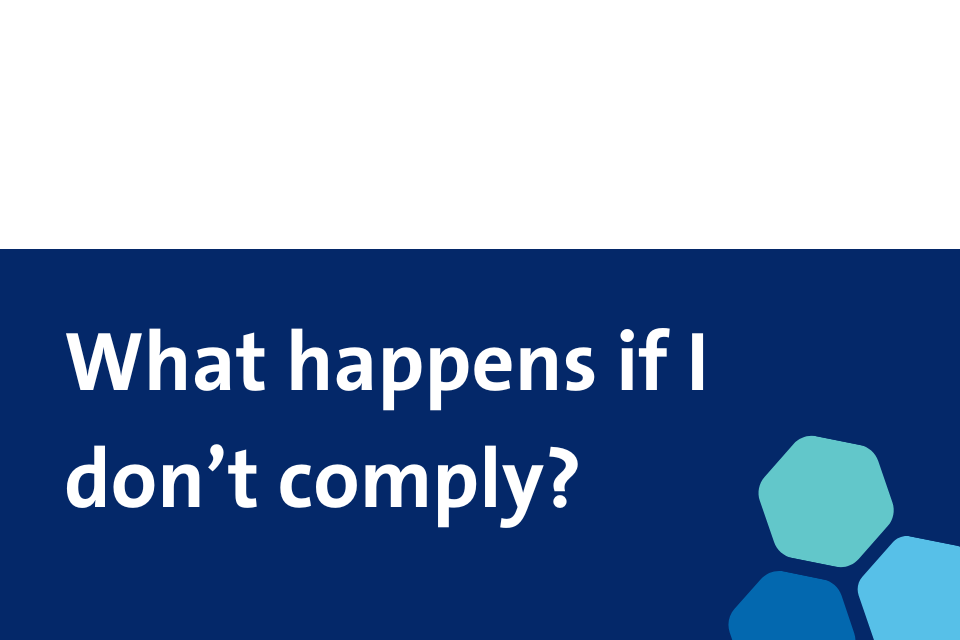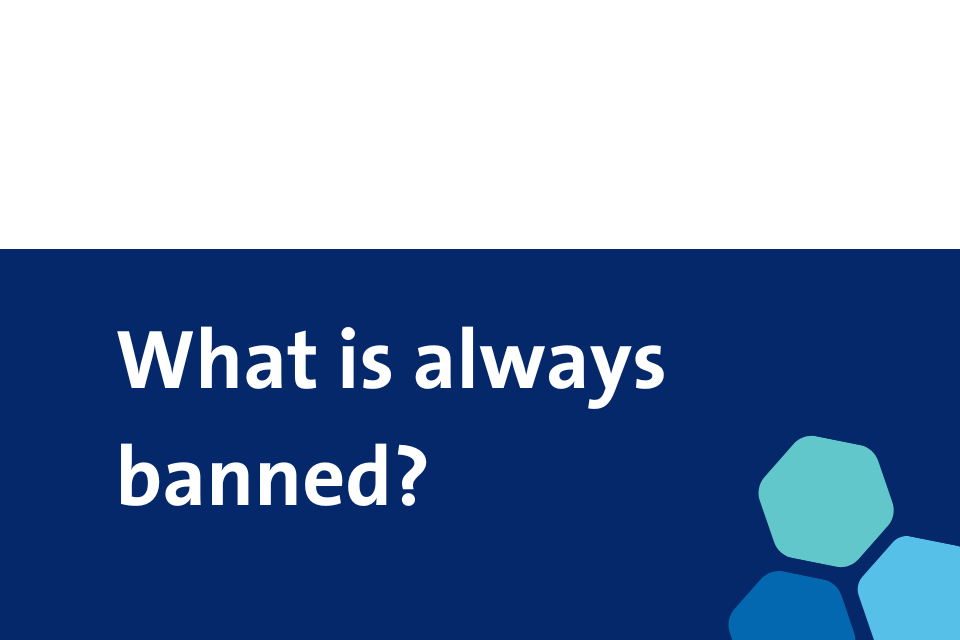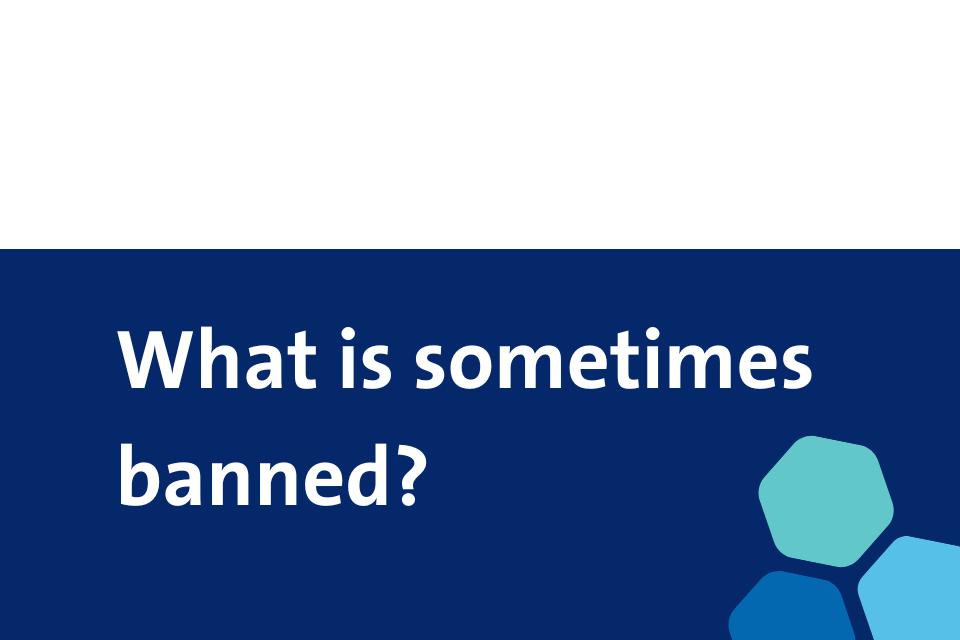What businesses need to know about unfair commercial practices
Published 4 April 2025

This is a short guide to the unfair commercial practices guidance to help businesses understand what they need to do.
You should read the full guidance if, for example, you
-
own or run a business (this means you are a ‘trader’) and sell goods, services or digital content to consumers
-
sell goods online to make money (rather than to get rid of old things)
-
are a lawyer who advises businesses
This is a simple overview of the guidance. You should read the full guidance to understand it.

What’s the guidance about?
The guidance sets out activities that are unfair to customers. Commercial practices covered by the guidance include anything traders do that could affect consumers in some way. Some practices are always banned, while some are considered unfair if they are likely to have an impact on consumers’ decision making.

What do I have to do?
The DMCC Act requires traders to behave fairly and diligently in their dealings with consumers. You might be in breach of it, for example, if you:
-
act unfairly
-
mislead
-
behave aggressively
towards consumers.
You should read the new guidance and make sure that you understand what you need to do so that you treat consumers fairly.

What happens if I don’t comply?
You must comply with the law. If you don’t you may face action by enforcement authorities (of which the CMA is one). The CMA and the courts can now fine traders who do not comply with the law up to 10% of their worldwide turnover. You may also have to compensate affected consumers.
Details of potential enforcement action by the CMA can be found in the CMA’s Consumer protection enforcement guidance and Direct consumer enforcement guidance.

When do these changes happen?
The changes come into force on 6 April 2025.

What is always banned?
The legislation includes a list of commercial practices which are unfair in all circumstances and are always prohibited. You must not do these things at all.
You can see the full list of 32 banned practices in the formal unfair commercial practices guidance.
The banned practices fall into the following themes.
Misuse of trust marks, codes of conduct or endorsements
For example, you must not use a code logo, quality mark or endorsement if it does not properly apply to you or your product.
Misleading promotional claims
You must not use bait advertising or bait and switch or pretend that a special offer will finish soon, or that you are about to cease trading or move premises, when this is not true. You mustn’t say a product is free when in fact it isn’t, or tell someone they have won a prize if that’s not true. You mustn’t pretend that consumers’ statutory rights are a distinctive part of your offer.
Deceptive marketing involving reviews
You must not use hidden advertising on social media, pretend to be a consumer leaving a review, or commission fake reviews. If you publish consumer reviews, you have to take appropriate steps to make sure they are genuine.
Illegal products
It is prohibited to offer products such as fake cures, membership of pyramid promotional schemes, aids to help people win prizes when gambling or anything that cannot lawfully be sold in the UK.
Pressure selling
You must not put unfair pressure on consumers to buy products for example by exaggerating the risks they face, pretending they have ordered something when they haven’t, refusing to leave their home, hassling them by repeatedly contacting them, or making them feel they can’t leave your shop without buying something. You mustn’t ask children to buy products, or tell customers that if they don’t buy your product then your livelihood will be at risk.
After sales care
You must continue to treat customers fairly after they have purchased a product, for example by honouring promises you have made about after care being available in a particular language or from a particular location, and by responding to correspondence where they are trying to exercise statutory rights.
Omitting information from invitations to purchase
Where you set out details of a product and its price, you always have to include some key information (unless any of it is already obvious). This means you have to make sure the main characteristics of the product are properly described, and the full price is given. It has to be clear who is selling the product and how they can be contacted. You also have to make sure that it is clear how the consumer can pay for the product, how it will be delivered, what cancellation rights the consumer has, and how the consumer can make a complaint if this becomes necessary.
If you think it will be difficult to give all this information in any case, you should read the detailed guidance.

What is sometimes banned?
Aside from the 32 banned practices, there are some practices that are unfair if they are likely to influence consumers to make a different decision.
Misleading practices
There are 2 main types of misleading practices:
-
things that you do that are misleading (this is called ‘misleading actions’)
-
things that you do not tell consumers about or hiding information which consumers need to know (this is called ‘misleading omissions’)
Misleading actions
These include:
-
providing false information
-
presenting information in a deceiving way
-
presenting products that can be confused with others
-
failing to comply with any code of conduct you are a member of
Misleading omissions
These include:
-
not telling consumers something they need to know
-
not giving information to consumers when required to under legislation
-
failing to make clear when you are marketing products
-
important information too late or in a way that means a consumer is unlikely to see it
This can also include how information is presented online, so you must think about your website or online presence, and whether required information is prominent enough.
Aggressive practices
This includes:
-
harassment
-
coercion (this means using or threatening physical force)
-
undue influence (this means putting pressure on consumers and limiting their chance to make an informed decision)
There are a range of factors that can contribute to aggressive practices. These include when and where the behaviour takes place, and the specifics of the consumer’s situation. For example, their age or health status.
If you are likely to deal with vulnerable consumers you must consider how your practices are likely to impact them.
Not behaving with professional diligence
You must behave with professional diligence. This means you must act with reasonable care and skill.
If you do not behave with professional diligence, you could influence a consumer to make a decision they otherwise would not have done. This could be unfair.
It includes things like:
-
taking advantage of a customer not knowing about a product to charge them a very high price
-
doing very poor quality work, but invoicing for it anyway
-
deliberately selling products that are not fit for purpose
-
repeatedly not responding to consumers’ emails and phone calls in a timely way
Code of conduct expectations
If you are responsible for creating or enforcing a code of conduct, the law also bans you from promoting unfair commercial practices.
You must ensure your code complies with consumer protection standards and doesn’t encourage businesses to act unfairly.

